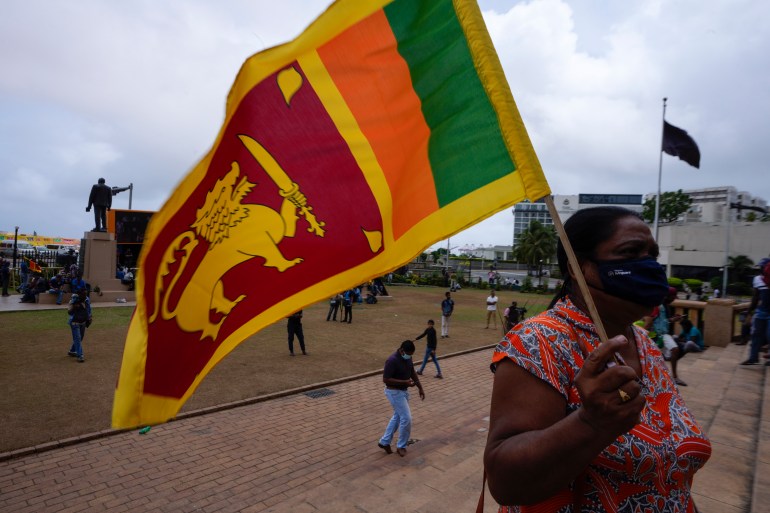Dutch offer ‘deepest apologies’ for role in Srebrenica genocide
Defence minister offers ‘deepest apologies’ for the role played by Dutch peacekeepers in Bosnia when an estimated 8,000 Bosniak Muslims were massacred by Serb forces.
![Dutch Defence Minister Kajsa Ollongren pays tribute to the victims of the 1995 Srebrenica massacre, during a mass burial at the memorial cemetery in the village of Potocari, near eastern Bosnian town of Srebrenica, on July 11, 2022 [Elvis Barukcic/AFP]](https://www.aljazeera.com/wp-content/uploads/2022/07/000_32E922Q.jpg?resize=770%2C513)
It is the first time the Dutch government has apologised to relatives of the victims.
Outgunned and outnumbered, Dutch peacekeepers were unable to prevent Bosnian Serb forces from overrunning the United Nations-declared “safe haven” in Srebrenica city at the tail end of regional wars in the 1990s.
During a week of bloodletting in July 1995, Bosniak Muslim men and boys were separated from the women and taken to execution sites where they were massacred. Their bodies were dumped in mass graves.
“Only one party is to blame for the horrific genocide: the Bosnian Serb army,” Dutch Defence Minister Kajsa Ollongren said on Monday during a visit to Bosnia and Herzegovina to commemorate the genocide.
“But let me be clear. The international community failed to offer adequate protection to the people of Srebrenica and as part of that community the Dutch government shares responsibility for the situation in which that failure occurred. And for this we offer our deepest apologies,” Ollongren said, putting her hand to her heart.
“The events of 1995 led to deep human suffering that is palpable here to this day. We cannot relieve you of this suffering. But what we can do is to look history straight in the eye,” she said.
Dutch courts had already determined that the Netherlands was partly responsible for the fall of Srebrenica and compensation was paid to survivors.
The Dutch government resigned over the episode in 2002, with then-Prime Minister Wim Kok saying the government in that way accepted its responsibility for the massacre but not the blame.
Relatives of those killed did not deem this enough and have been pushing for an official apology for years.
Last month, the Netherlands apologised to the Dutch UN soldiers present at the massacre for the conditions under which they had to serve, sparking anger from the relatives of the victims.
The slaughter in Srebrenica, judged an act of genocide by the International Criminal Tribunal for the Former Yugoslavia, was the worst single atrocity of the 1992-1995 Bosnian war, in which about 100,000 people were killed.
